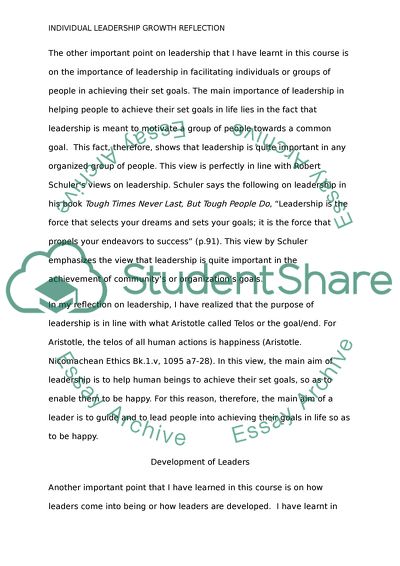Cite this document
(Individual Leadership Growth Reflection Research Paper, n.d.)
Individual Leadership Growth Reflection Research Paper. Retrieved from https://studentshare.org/human-resources/1868588-individual-leadership-growth-reflection
Individual Leadership Growth Reflection Research Paper. Retrieved from https://studentshare.org/human-resources/1868588-individual-leadership-growth-reflection
(Individual Leadership Growth Reflection Research Paper)
Individual Leadership Growth Reflection Research Paper. https://studentshare.org/human-resources/1868588-individual-leadership-growth-reflection.
Individual Leadership Growth Reflection Research Paper. https://studentshare.org/human-resources/1868588-individual-leadership-growth-reflection.
“Individual Leadership Growth Reflection Research Paper”, n.d. https://studentshare.org/human-resources/1868588-individual-leadership-growth-reflection.


